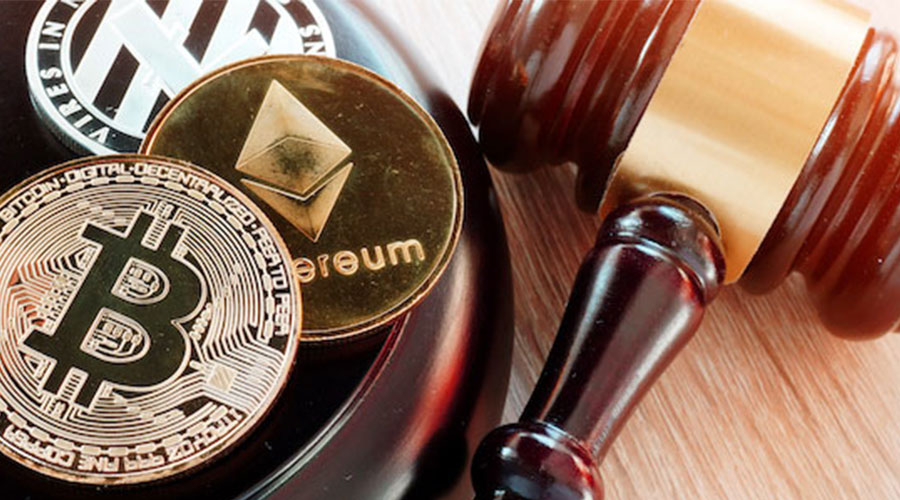This article focuses on the latest developments in the field of blockchain and its regulatory aspects across the globe, with special reference to the Liechtenstein’s Blockchain Law.
Introduction
On October 3, 2019 the Liechtenstein Parliament passed the Token and Trusted Technology Service Provider Act (the “TTVG” or the “Law”). The Law entered into force on January 1, 2020. With its introduction, Liechtenstein has become the forerunner when it comes to legislation regarding token technology. The Law forms a legal basis for transactions involving trusted technologies, as well as the interplay between the digital asset and the physical asset represented by the same. Furthermore, it lays down regulations for the operations of service providers in the sector.
In order to ensure that the technological process does not race beyond the Law, Liechtenstein has ensured that the Law remains technology-neutral by employing the term “transaction systems based on trustworthy technologies”, thus not restricting itself to the current technologies, but leaving scope of future applicability. Certain key features of the Law are discussed in this article.
Objectives of the Law
The Law proclaims that its enactment is in order to “ensure trust in digital legal communication, in particular in the financial and economic sector, and the protection of users of Trustworthy Technology Systems” and “to create an optimal, innovation-friendly, and technology-neutral framework for rendering the services on Trusted Technology systems.”
The unregulated digital economy has often caused concern when it comes to the enforcement of digital contracts and transactions. Due to the uncertainty of regulations, often what is digitally represented as a click of a button has an underlying deluge of legal contracts (such as a simple End-User License agreement, Privacy Policy etc.). Furthermore, Blockchain technology has often been employed by unscrupulous creators, who have exploited the novelty of the technology to lure unsuspecting retail investors. Hence, protection of users is a key objective of the Law.
Important Definitions
The TTVG defines trustworthy technologies (“TT”) as those through which the integrity of tokens, clear allocation and transfer of tokens can be ensured. For example, Bitcoin can be considered as a trustworthy technology as it can ensure the same via cryptography.
Tokens are defined as information on TT systems which represent claims or rights of membership vis-à-vis a person, rights in rem, or other rights; and which can be allocated to one or more Trusted Technology Identifiers.
A Trusted Technology Identifier has been defined as identifiers which allow for clear allocation of tokens.
A new and most important role has been envisaged by the TTVG, which identifies “physical validator” as a service provider tasked with the duty to synchronize the physical world and the digital world. Thus, it is the role of the physical validator to identify whether the right claimed in a token exists with the holder of the token, and to ensure that any transactions with the token are represented in the real world. For example, if a token representing a house is sold, it is onto the physical validator to carry out the same in the real world.
The Token Container Framework
Under the TTVG, tokens are understood as a container of rights – whether a right related to a real world asset (such as valuables, property etc.), or simply a right conferred by digital codes (cryptocurrencies). Thus, new tokens do not alter the rules governing the right/asset, nor does it involve any novel creation. The token merely acts as a digital representation of the right/asset. For example, the right of ownership of a valuable, such as a car, could be represented by means of a digital token. The disposal of the token would culminate in a transfer of the underlying right.
Tokenization also allows for a complex digital representation of the differing rights that may arise from a real-world asset. For example, the rights over a real world asset, such as a car, may be broken down into – the right of ownership and the right to use. By means of tokenization, the two rights may be represented as different tokens, and for ease of disposal. One may use a digital app to now lease out the right to use over the car, while retaining the right of ownership, or vice versa.
It is important to note the implementation of the TTVG has been bolstered by several accompanying amendments to the civil legal system of Liechtenstein, allowing for an easy interplay between the real world and digital assets. Furthermore, the Law allows for digital tokens to take priority wherever tokens exist with respect to the rights and assets in dispute.
New Duties
All persons/entities residing/headquartered in Liechtenstein and who provide TT services professionally must register with the Financial Market Authority (“FMA”). A public registry of TT service providers exists with FMA, and the same is publicly accessible. TT service providers who can be registered in the registry –
- Are Trustworthy and have full capacity to act;
- Are professionally competent;
- Headquartered or reside in Liechtenstein;
- where applicable, have the required minimum capital;
- have an appropriate organizational structure with defined areas of responsibility as well as a procedure to deal with conflicts of interests;
- have written internal rules and control mechanisms that are appropriate to deal with the type, extent, complexity, and risks of the provided TT service and guarantee sufficient documentation of it;
- have an authorization to work as a TT protector, meaning as persons who hold tokens as a trustee in their own name on behalf of third parties; and
- have an authorization to pursue an activity that requires such an additional authorization.
Token issuers are tasked with publishing basic information before issuance in an easily accessible manner, and FMA must also be notified of such issuance. Exceptions exist such as when all purchasers have waived the right to receive basic information or the offer is for less than 150 users or the sale price of the whole public offering is less than CHF 5 million etc.
Conclusion
With its efforts in according legal certainty, as well as garnering trust by means of regulatory supervision, Liechtenstein has already become the hotbed for companies that deal with tokens without undue complications and legal loopholes, standardizing the process as well as decreasing the costs (present and prospective) for the creation and utilization of digital tokens. Clearly, Liechtenstein’s Law is extremely instrumental in increasing the ease of operations in Liechtenstein, and it can be expected that record number of tokens may be issued in the region facilitating ease in transactions even further.

